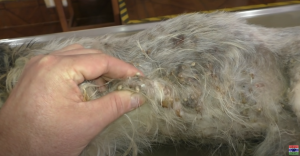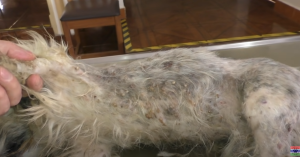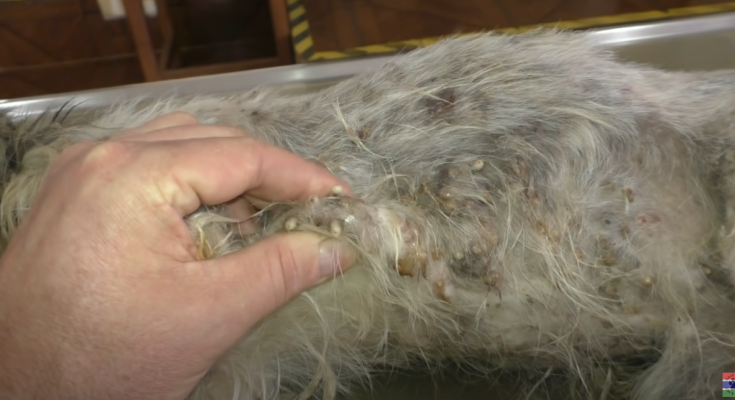
Mango Worms: Symptoms, Treatment, and Prevention!
Mango worms, also known as Cordylobia anthropophaga, are a type of parasite that infest animals, including humans. These worms are commonly found in sub-Saharan Africa and are known to cause discomfort and pain to their hosts. The infestation usually occurs when the larvae of the mango fly, which is the adult form of the worm, burrow into the skin of the host.
The mango worm infestation can cause a range of symptoms, including itching, swelling, and pain around the area where the worm has burrowed into the skin. The infestation can also lead to the formation of a boil-like lesion, which can be filled with pus. While the infestation is not usually life-threatening, it can be a cause of discomfort and distress to those affected.
Parasites like mango worms are a common occurrence in many parts of the world, and it is crucial to take precautions to avoid infestation. Simple measures such as wearing protective clothing, using insect repellent, and keeping the skin clean and dry can help decrease the risk of infestation. Here, we will explore the causes, symptoms, and treatment options for mango worm infestation, and provide tips on how to prevent infestation.


Biology and Life Cycle
Mango Fly
The mango worm is the larval stage of the Cordylobia anthropophaga, commonly known as the tumbu fly or skin maggot fly. This fly is found in sub-Saharan Africa and is known to infest humans and animals. The adult fly lays eggs on soil, clothing, or other materials that come in contact with the skin of the host.
Larval Development
Once the eggs hatch, the larvae burrow into the skin of the host and begin to feed on tissue and bodily fluids. The larvae grow rapidly and can reach up to 2 cm in length within a few days. As they feed, they create a breathing hole on the surface of the skin, which allows them to breathe while they are inside the host.
Mature Mango Worm
After approximately 8-12 days of feeding, the mature mango worm leaves the host’s skin and falls to the ground to pupate. The pupal stage lasts for about 8-10 days before the adult fly emerges. The entire life cycle from egg to adult takes approximately 3-4 weeks.
The mango worm infestation can cause various symptoms, including itching, pain, and swelling. In severe cases, it can lead to secondary bacterial infections and other complications. It is important to seek medical attention if you suspect a mango worm infestation.





